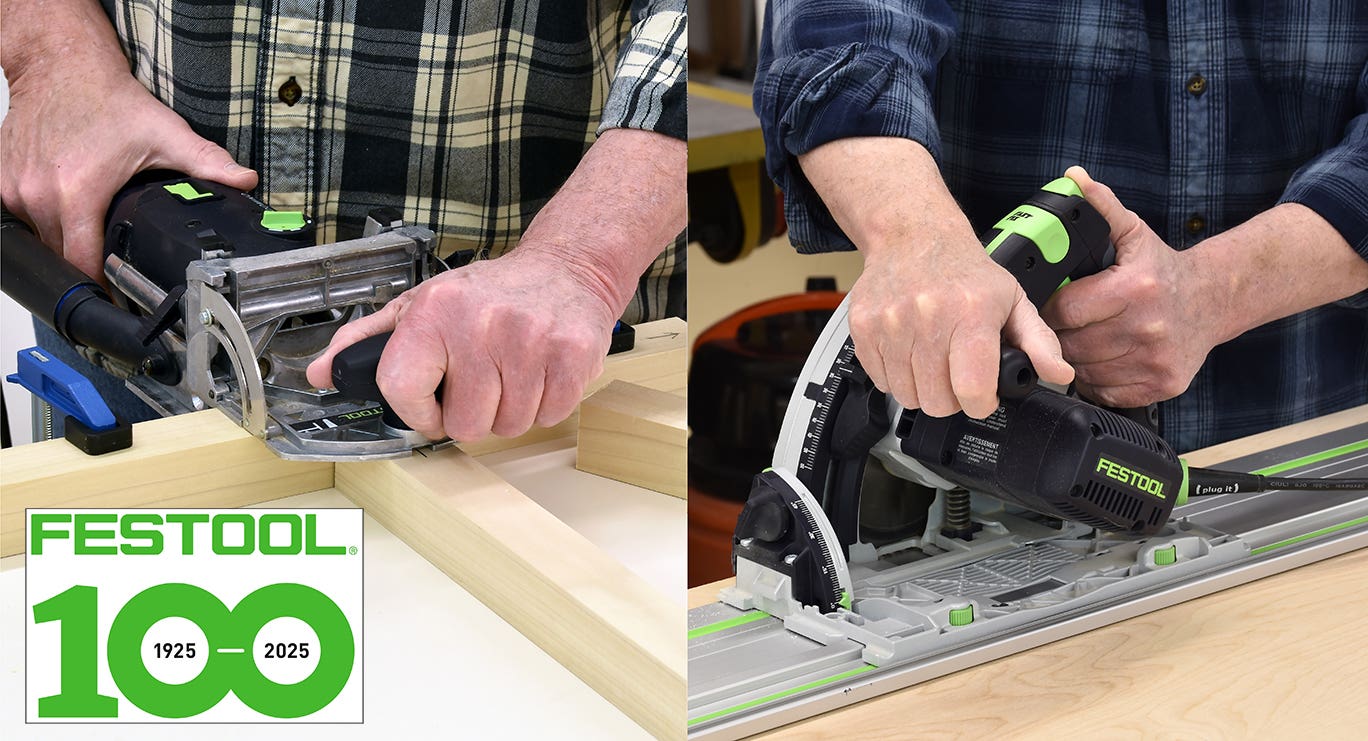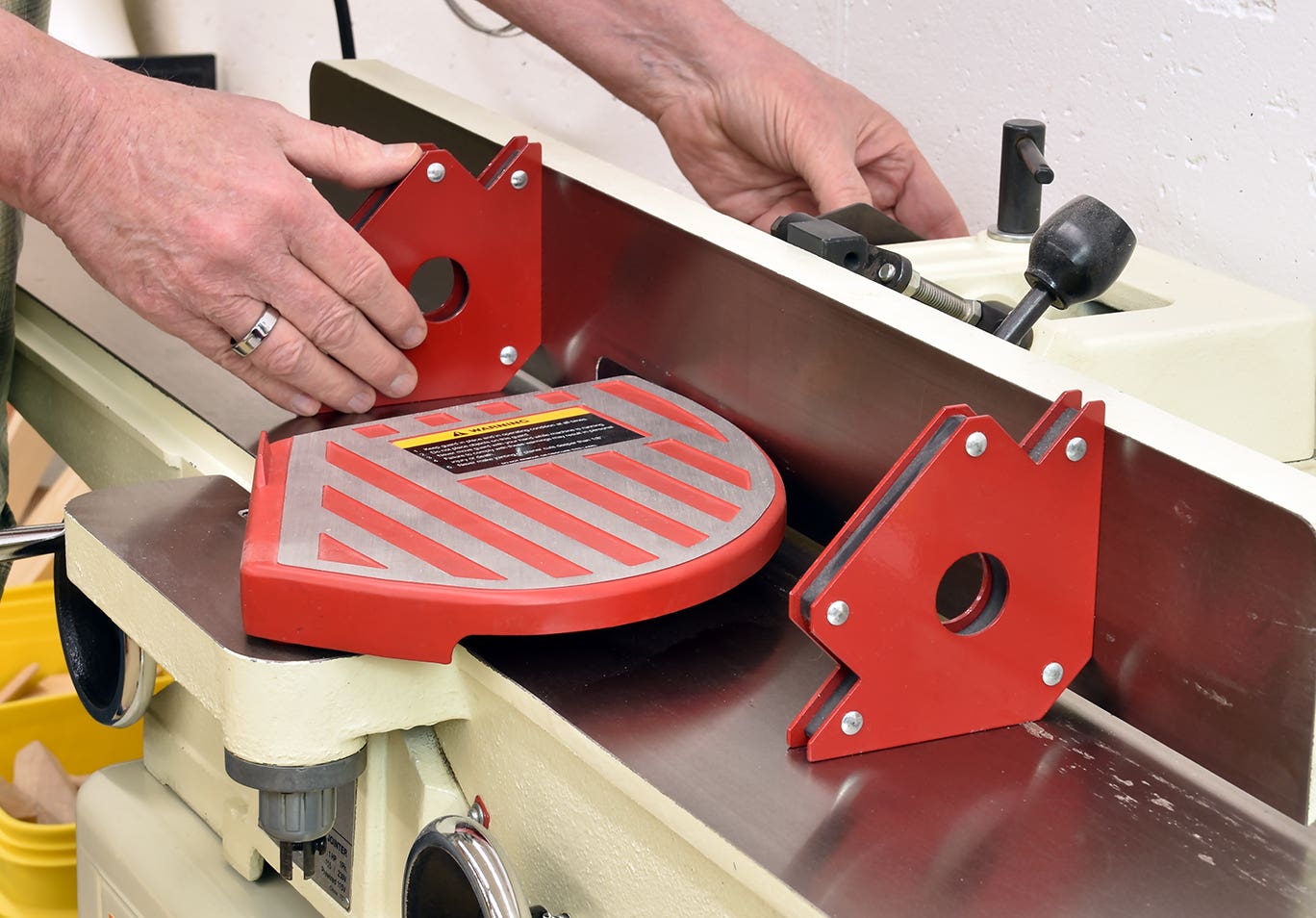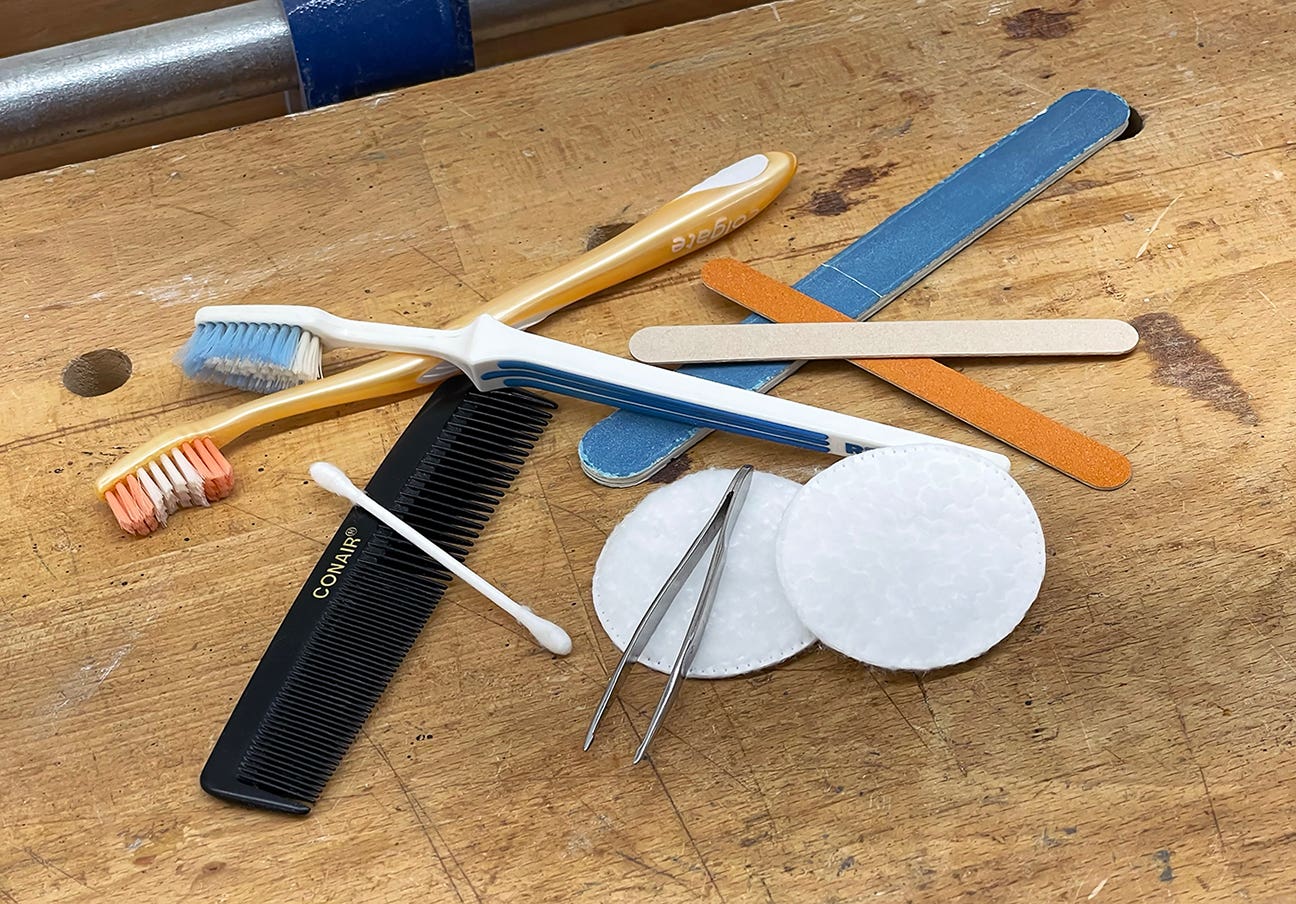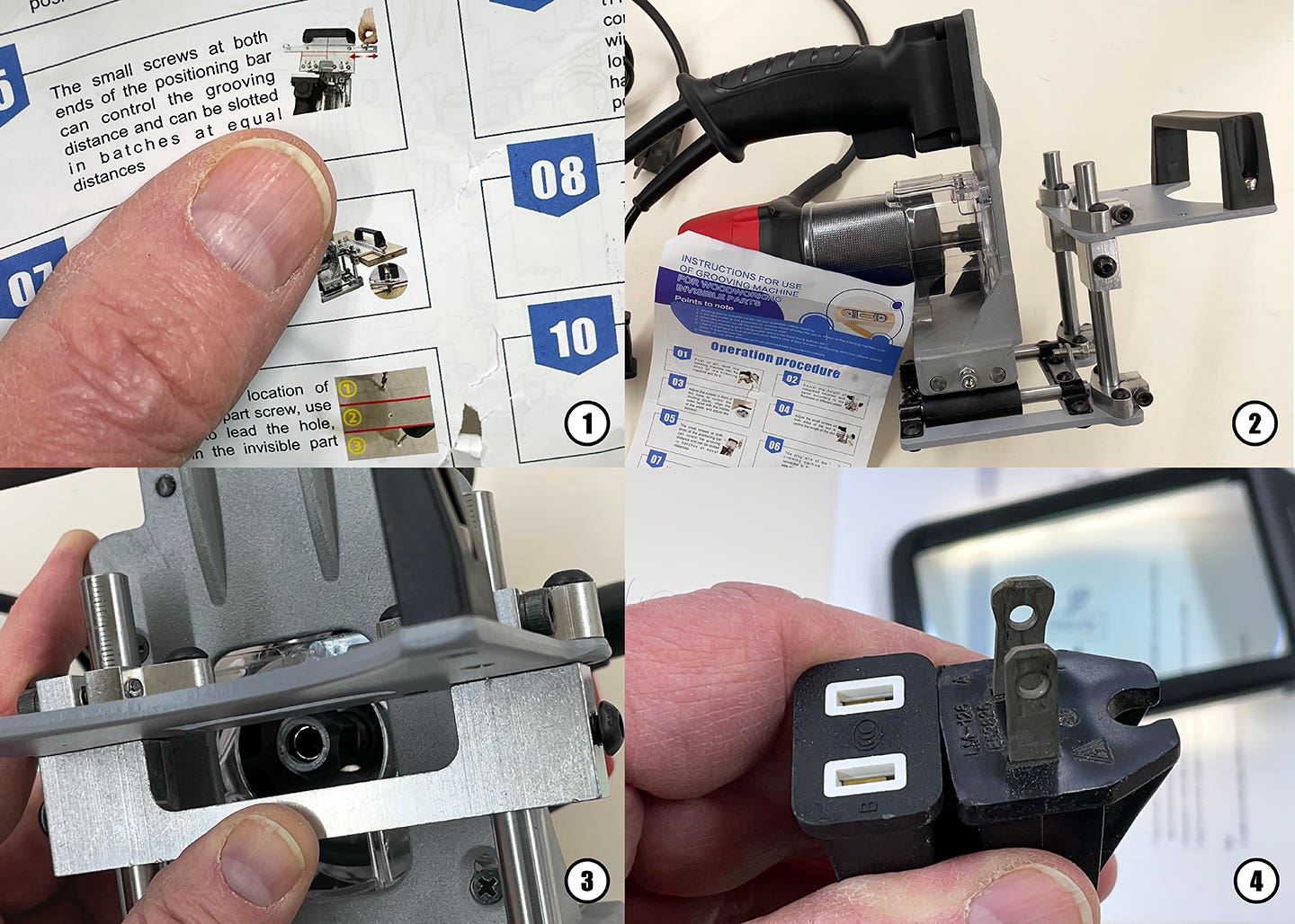My woodshop bookshop
With woodworking information available instantly on the Internet, who uses books anymore? Well, I do, and I love them.
With woodworking information available instantly on the Internet, who uses books anymore? Well, I do, and I love them.
Don’t get me wrong. I’m not about to launch one of those rants against technology and whine about the good old days. If you’ve read this blog with any regularity, you know I love technology. And I’ll also be the first to admit that most of the time if I need to know something – anything – woodworking related, I’ll Google it in a heartbeat.
I started my woodworking library when I was still wearing bell-bottoms since the early ’90s, and it’s an important part of my work.
That photo above is just part of my library. I also have several easy-to-grab books at my desk, more upstairs, and even more around my woodshop. There’s an open copy of Mark Duginske’s band saw book on my band saw’s table right now.
But with Google within reach wherever I am, why do I bother with books? Because some of these books are old, there are handwritten notes in many, which I’d hate to lose. In a lot of cases, it’s much easier to jot notes in a book margin than when you’re online. Some of these books have photos, charts, plans and diagrams I can go to immediately without a Google search.
Sometimes, I just want to sit for a while with my feet up and browse for ideas. Yeah, I can do the same thing on my iPad, but I’ll often use both at the same time – flipping through the book while using my iPad to look up related information.
Finally, I know most of the authors of these books; some professionally, some as casual acquaintances, a lot are good friends. It’s like having my woodworking buddies working on projects with me, and I’m glad to have them around. This is especially true of some of the people named on these book spines – Roger Cliffe, Bruce Hoadley, Lonnie Bird and others – who are no longer with us.
A.J. Hamler is the former editor of Woodshop News and Woodcraft Magazine. He's currently a freelance woodworking writer/editor, which is another way of stating self-employed. When he's not writing or in the shop, he enjoys science fiction, gourmet cooking and Civil War reenacting, but not at the same time.







